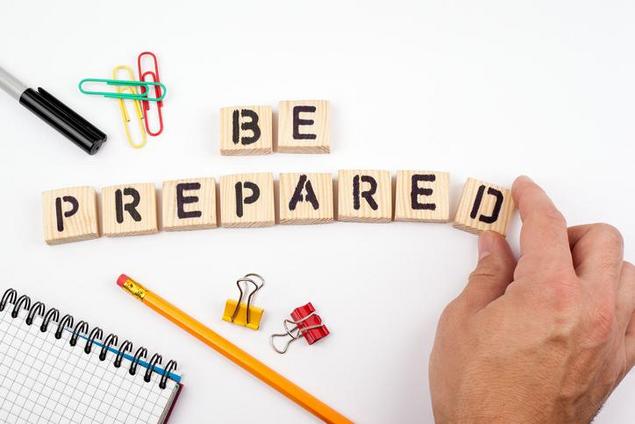Buzz Haven: Your Daily Dose of News
Stay informed and entertained with the latest buzz in news, trends, and insights.
Test Anxiety? How to Keep Your Cool and Ace the Exam
Conquer test anxiety and boost your confidence! Discover effective tips to stay calm and ace your next exam.
Understanding Test Anxiety: Causes and Symptoms
Test anxiety is a common psychological phenomenon that affects students and professionals alike. It manifests as a combination of emotional, physical, and cognitive responses that can significantly impede performance during examinations. The causes of test anxiety often stem from a variety of factors, including fear of failure, lack of preparation, and even past negative experiences with testing. Additionally, societal pressures and high expectations can further exacerbate the issue, leading to a debilitating cycle of stress that can be hard to break.
The symptoms of test anxiety can vary widely from person to person and may include physical effects such as increased heart rate, sweating, and nausea, as well as emotional responses like feelings of dread and panic. Cognitively, individuals may experience difficulty concentrating, racing thoughts, or a blank mind when faced with the testing situation. Recognizing these symptoms is crucial for those affected, as understanding its nature can help in developing effective coping strategies to manage and ultimately reduce the impact of test anxiety.

Proven Techniques to Manage Test Anxiety Effectively
Test anxiety can be a significant barrier to achieving your academic goals, but there are proven techniques to manage it effectively. One effective method is cognitive restructuring, which involves changing negative thought patterns into more positive ones. For instance, instead of thinking, 'I will fail this test,' try to reframe it as, 'I have prepared well and will do my best.' Additionally, mindfulness and relaxation exercises, such as deep breathing or meditation, can help calm your mind before and during a test.
Another technique to combat test anxiety is the use of preparation strategies. Create a study schedule that allows ample time for review, practice tests, and relaxation. Break your material into manageable sections and focus on one topic at a time. Engaging in study groups can also be beneficial, as discussions and support can alleviate stress. Remember, it’s essential to approach your studies with a positive mindset and stay committed to your preparation, as this will ultimately boost your confidence during the test.
How to Develop a Positive Mindset for Exam Success
Developing a positive mindset for exam success is crucial for optimizing your performance. Start by setting clear and achievable goals. Break down your study material into manageable sections, and use a planner to schedule your study sessions. This structured approach helps in reducing anxiety and enhances your confidence. Each time you complete a study session, take a moment to reflect on your progress, which reinforces your commitment and motivates you to keep going.
Additionally, practice positive affirmations and visualization techniques. Start your day with several affirmations that resonate with your aspirations for exam success, such as, ‘I am well-prepared and confident.’ Visualization can also play a significant role; take a few minutes to imagine yourself successfully completing your exams and feeling proud of your accomplishments. Remember, maintaining a healthy balance between study and relaxation is key, as this holistic approach nurtures your overall mental wellbeing.